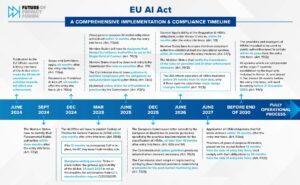What would Supreme Court Nominee Sonia Sotomayor say about behavioral ads and consent?
The following is a guest post from one of our summer legal fellows, Noam Kutler of GWU School of Law.
As many of you reading this blog are aware, FPF focuses a good deal of attention on the issue of online behavioral advertising and the need for greater consumer control and transparency.The FTC has issued stern warnings and Congress is on the case, but what would the third branch of government have to say?
Recently, Justice Scalia provided some insight into his opinion of online privacy rights during a conversation with FPF Co-Chair Jules Polonetsky, but what about Supreme Court nominee Sonia Sotomayor? In her 2002 Specht v. Netscape Communications Corp (306 F.3d 17) opinion, Sotomayor held that online contract terms must be displayed in a manner that provide “reasonably conspicuous notice” to the user. Specht found that a terms of service agreement applying to a downloadable Netscape plug-in which sent data back to the company was invalid because the user was unlikely to notice the agreement prior to downloading the plug-in and therefore could never manifest consent to the agreement’s terms. This line of thought has direct implications on website privacy policies and could give an indication of Sotomayor’s view regarding a user’s consent to web site data collection.
Hopefully, FPF’s recently announced a new project aimed at developing innovative means for notifying web users about online behavioral advertising will be helpful in guiding companies towards the best options for informing users about online data use. Click here to learn more about this initiative.



